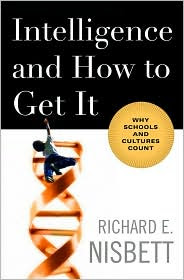Here are some of my favorites. I've done my best to remain true to some of the double meanings in the original...
19 - Nous avons tous assez de force pour supporter les maux d'autrui.
We all have sufficient strength to endure the trouble of others.
22 - La philosophie triomphe aisément des maux passés et des maux à venir. Mais les maux présents triomphent d'elle.
Philosophy easily triumphs over past and future evils. But present evils triumph over philosophy.
64 - La vérité ne fait pas tant de bien dans le monde que ses apparences y font de mal.
Truth doesn't do as much good in the world as its appearance does evil.
89 - Tout le monde se plaint de sa mémoire, et personne ne se plaint de son jugement.
Everybody complains about their memory, and nobody complains about their judgment.
110 - On ne donne rien si libéralement que ses conseils.
Nothing we give away as liberally as our advice.
129 - Il suffit quelquefois d'être grossier pour n'être pas trompé par un habile homme.
To be slow-witted is at times sufficient for saving oneself from a smart trickster.
231 - C'est une grande folie de vouloir être sage tout seul.
It's very foolish to want to be wise all alone.
238 - Il n'est pas si dangereux de faire du mal à la plupart des hommes que de leur faire trop de bien.
It's not as dangerous to harm the majority of the people as it is to do them too much good.
375 - Les esprits médiocres condamnent d'ordinaire tout ce qui passe leur portée.
Average minds duly condemn whatever goes past their reach.
421 - La confiance fournit plus à la conversation que l'esprit.
Confidence gives more to conversation than wit.
447 - La bienséance est la moindre de toutes les lois, et la plus suivie.
Propriety is the least of all laws, and the most followed.
458 - Nos ennemis approchent plus de la vérité dans les jugements qu'ils font de nous que nous n'en approchons nous-mêmes.
Our enemies are closer to the truth in their judgment of our character than we are ourselves.
496 - Les querelles ne dureraient pas longtemps, si le tort n'était que d'un côté.
Quarrels would not last long, were the fault on one side only.













